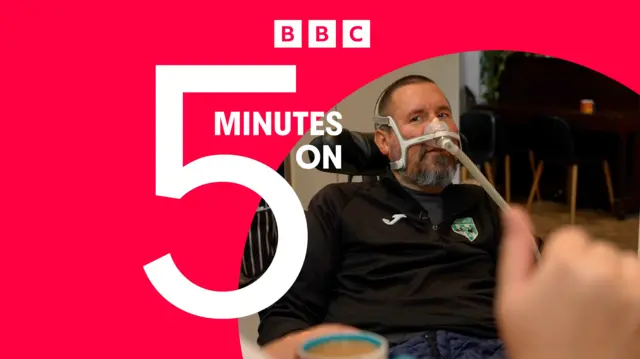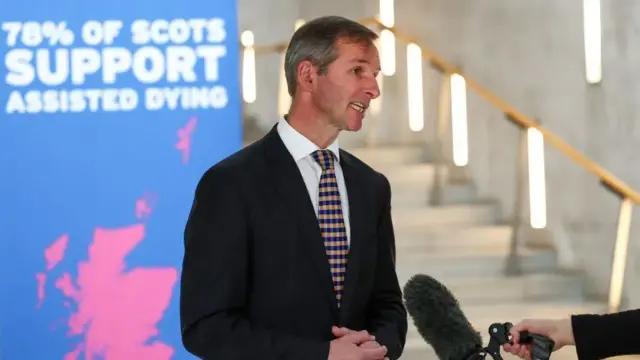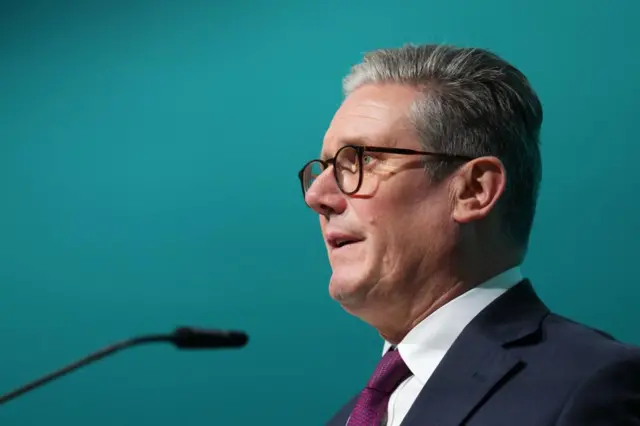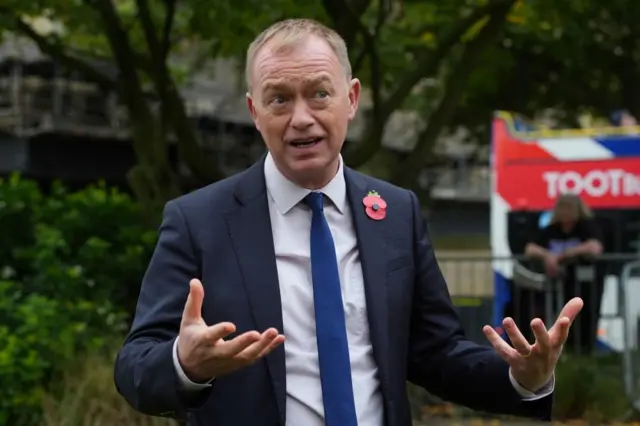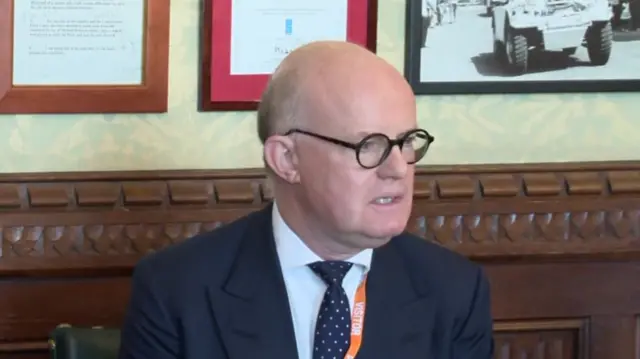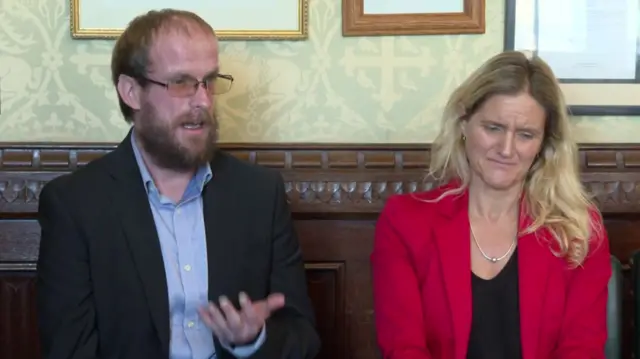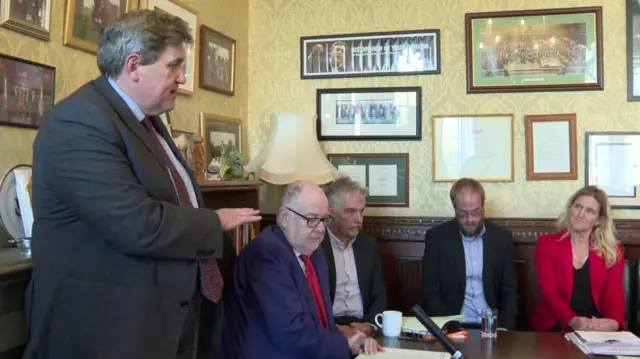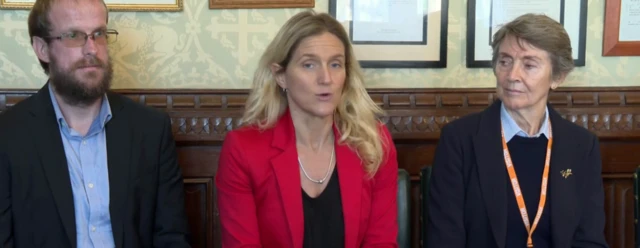Next stop, the House of Commons on 29 Novemberpublished at 12:54 GMT 12 November 2024
Terminally ill adults who are expected to die within six months would be able to request help to end their own life, under proposed legislation for England and Wales published on Monday.
MPs will take part in an initial debate and vote on the Terminally Ill Adults (End of Life) Bill on 29 November.
If the bill passes, it will receive further scrutiny from MPs and peers in a process that could last around six months.
So, there's still a long way to go - and we've got plenty on offer across the BBC to get you up to speed:
- Catch up with this morning's key developments and reaction to the bill in our main story
- Get to grips with exactly what would be allowed under the proposed law in our explainer
- Watch our correspondents in Westminster, Hannah Miller and Henry Zeffman, break down the politics
- Listen to the 5 Minutes On podcast, hosted by medical editor Fergus Walsh in conversation with two people with terminal conditions and opposing views
And you can, of course, scroll back through this very page for a blow-by-blow of the day. We're ending our live coverage now. Thanks for joining us.
Today's page was written by Imogen James, Sophie Abdulla, Zahra Fatima and Asya Robins. It was edited by Owen Amos and Emily Atkinson.


